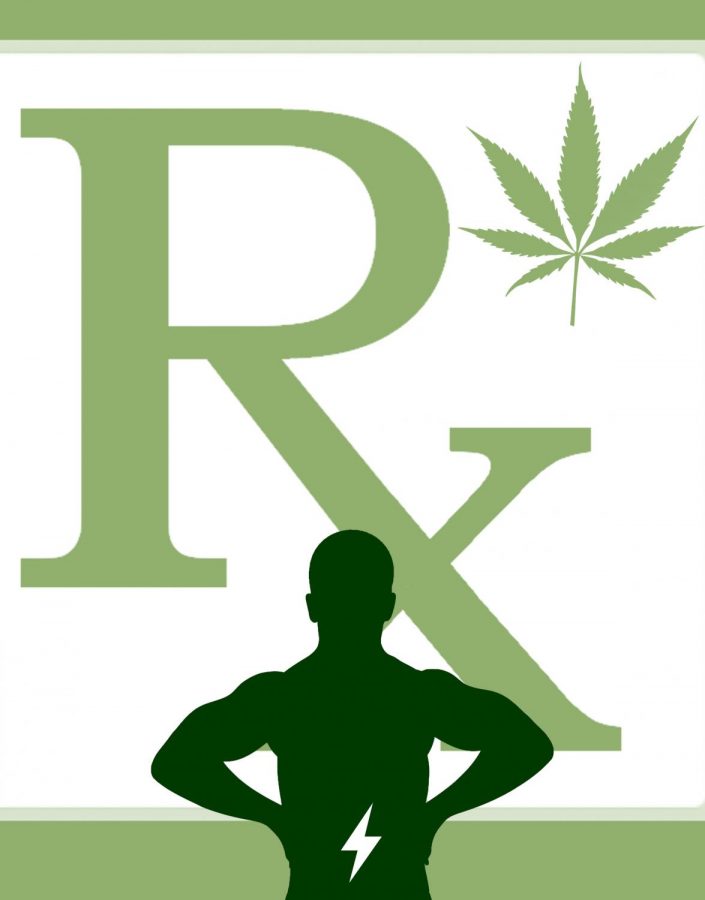Medicinal cannabis research expected to begin this summer
WSU will partner with Puyallup tribe, research on medicinal cannabis
May 29, 2019
WSU and the Puyallup Tribe of Indians have joined efforts to track the effects of medicinal cannabis use with patients.
Michael Thompson, communications director for the tribe, said the lack of medicinal cannabis research is one of the driving forces of this new project.
This survey would provide data from actual medicinal cannabis patients, said Michael McDonell, the lead researcher of the project. The project’s main goal is to find if medicinal cannabis use can reduce opioid use, McDonell said.
The opioid crisis reached a high point in 2017 when the U.S. Department of Health and Human Services declared it a public health emergency.
It is estimated over 130 people die every day from an opioid-related overdose in the U.S. The surrounding county of the Puyallup nation, Pierce County, experienced 704 opioid-related deaths from 2005-2014.
Opioid addiction usually stems from misusing prescribed opiates, he said, and users quickly build a tolerance and turn to harder drugs like heroin.
Rehabilitation patients are often prescribed Suboxone, a drug that stimulates the opioid receptors but do not cause a high, McDonell said. But patients may still continue to have pain.
“The reason you first started taking prescription opioids was because you had some bad chronic pain,” McDonell said. “Now you’re on this Suboxone medicine, which is helping you stay off of heroin, and you’re doing well but man, you still have that chronic pain.”
People might relapse because of the problem they have with pain. Medicinal cannabis could help with that, McDonell said.
“I think it’s an innovative project that we’re doing,” McDonell said. “It’s got a lot of exciting potential and could hopefully improve the care of the patients in the clinic and to potentially learn some new things about cannabis.”
Data will be collected via surveys during patients’ appointments at the Qwibil Natural Healing and Research Center.
“We’re coming into this project with very few assumptions.” McDonell said. “We’ll be collecting data on the kind of treatments [patients] will be receiving through the clinic. That might include them being recommended to use cannabis as part of their treatment.”
Questions within the survey will ask about demographics, past medicinal cannabis use, pain rating, quality of life, anxiety, depression and sadness, McDonell said.
Patients’ conditions vary from chronic pain, depression to PTSD, McDonell said.
Once that license is obtained, the University of Mississippi will provide cannabis, though it may not have the same potency as cannabis sold in Washington, McDonell said. Authorized by the DEA, “Ole Miss” is the only federally legal cannabis grower in the U.S.
The survey is expected to begin this summer after receiving approval from WSU’s Institutional Review Board.
“Whenever we do a research study, we have to get approval from WSU,” McDonell said. “To be able to do the research the IRB must make sure we’re protecting people and make sure everyone’s safe.”








